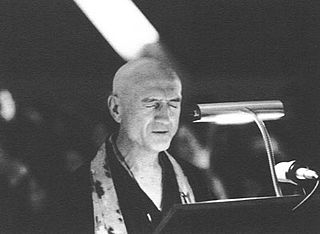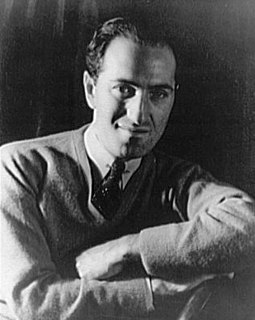A Quote by Arthur Schopenhauer
The ordinary method of education is to imprint ideas and opinions, in the strict sense of the word, prejudices, on the mind of the child, before it has had any but a very few particular observations. It is thus that he afterwards comes to view the world and gather experience through the medium of those ready-made ideas, rather than to let his ideas be formed for him out of his own experience of life, as they ought to be.
Related Quotes
For the ordinary man, whose mind is a checkerboard of crisscrossing reflections, opinions, and prejudices, bare attention is virtually impossible; his life is thus centered not in reality itself but in his ideas of it. By focusing the mind wholly on each objects and every action, zazen strips it of extraneous thoughts and allows us to enter into a full rapport with life.
The acts of the mind, wherein it exerts its power over simple ideas, are chiefly these three: 1. Combining several simple ideas into one compound one, and thus all complex ideas are made. 2. The second is bringing two ideas, whether simple or complex, together, and setting them by one another so as to take a view of them at once, without uniting them into one, by which it gets all its ideas of relations. 3. The third is separating them from all other ideas that accompany them in their real existence: this is called abstraction, and thus all its general ideas are made.
As man reaches out toward the twenty-first century, he will learn to be suspicious of all ideas that are not formulated so that they can be tested by observation. He will realize that the history of human thought shows that the ideas of which we are surest are the ones we most need to test. He will realize that his common sense only mirrors his training and experience. What seems natural and right to him is usually a reflection of the conditions under which he spent his first decade of life.
The American motion picture is the greatest unconscious carrier of propaganda in the world today. It is a great distributor for ideas and opinions. The motion picture can standardize the ideas and habits of a nation. Because pictures are made to meet market demands, they reflect, emphasize and even exaggerate broad popular tendencies, rather than stimulate new ideas and opinions. The motion picture avails itself only of ideas and facts which are in vogue. As the newspaper seeks to purvey news, it seeks to purvey entertainment.
Experience is, for me, the highest authority. The touchstone of validity is my own experience. No other person's ideas, and none of my own ideas, are as authoritative as my experience. It is to experience that I must return again and again, to discover a closer approximation to truth as it is in the process of becoming me.
If we are in Christ the whole basis of our goings is God, not conceptions of God, not ideas of God, but God Himself. We do not need any more ideas about God, the world is full of ideas about God, they are all worthless, because the ideas of God in anyone’s head are of no more use than our own ideas. What we need is a real God, not more ideas about Him.
Once in his life, a man ought to concentrate his mind upon the remembered earth, I believe. He ought to give himself up to a particular landscape in his experience, to look at it from as many angles as he can, to wonder about it, to dwell upon it. He ought to imagine that he touches it with his hands at every season and listens to the sounds that are made upon it. He ought to imagine the creatures there and all the faintest motions of the wind. He ought to recollect the glare of noon and all the colors of the dawn and dusk.










































